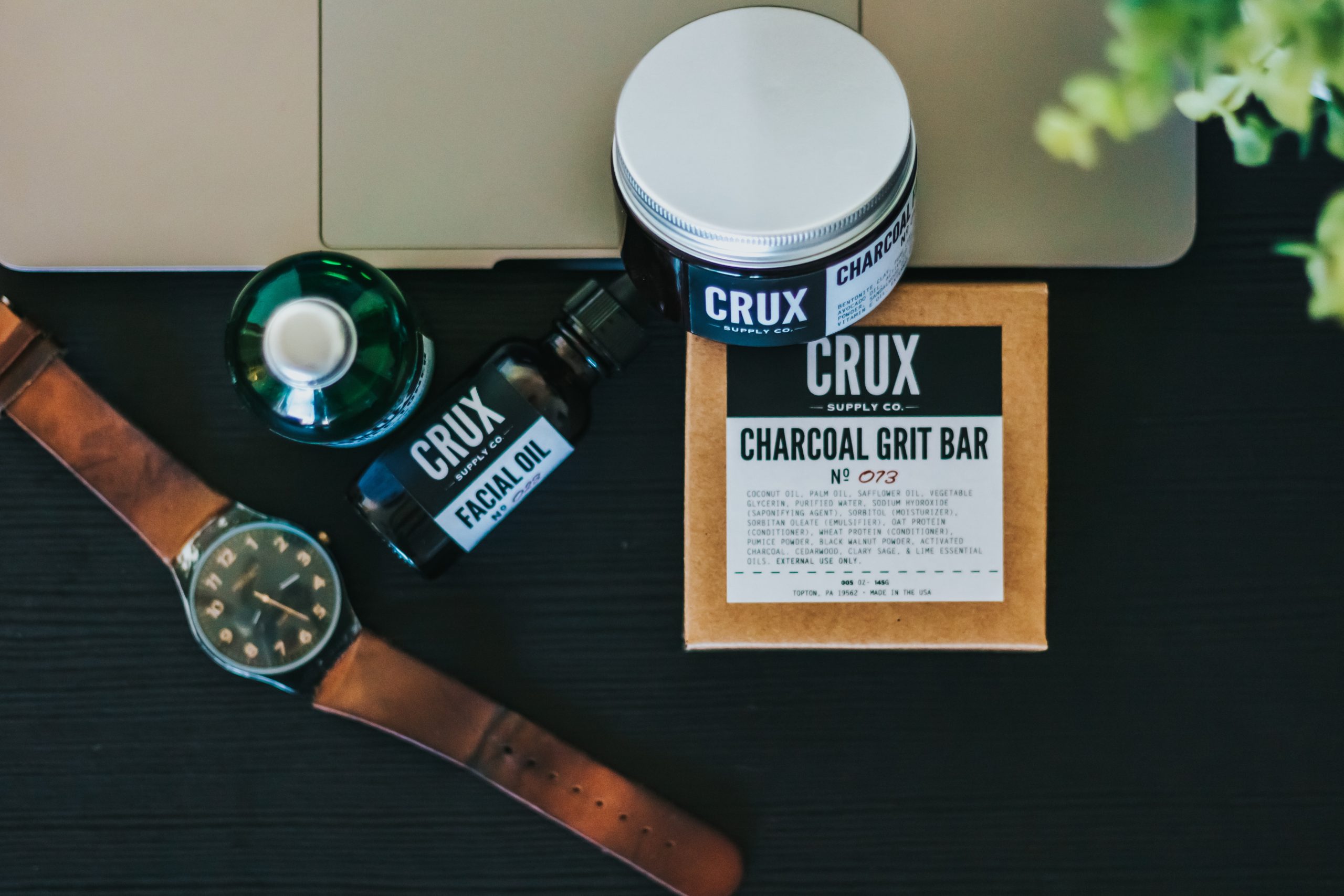Acne is a persistent problem that affects many people, so if you are suffering from acne, it is first important to acknowledge that you are not alone. That said, solving acne problems is easier than you may think. Read on for some proven advice for dealing with recurring acne issues.
Add some chromium to your daily regimen to fight acne breakouts. This supplement helps the skin by helping it strengthen and repair itself more quickly. It’s a great boost that can help skin fight off infection much quicker, since that is generally what causes acne.Taking this once a day can help keep your skin clear and prevent breakouts from popping up in the future.
You can use over-the-counter acne treatments to help with your acne. These are mainly topical and generally include popular acne ingredients like benzoyl peroxide and salicylic acid. You must be careful with these though and follow the directions on how much to use and how many times to apply them. Also, these may be too harsh for some, so if you have doubts, ask a physician or dermatologist.
You always want to have a little bit of patience when it comes to acne and pimples. It takes at least a week for a pimple to go away completely once it has made a place for itself on your face. Continue to nurture that area, but understand that it will not go away immediately.
Resist the temptation to pop your acne pimples. While it may seem like an easy way to get rid of the pimple, you can spread the bacteria to other areas of your face, causing even more breakouts. Also, by breaking the skin’s surface in this way, you may develop scarring.
Honey is an interesting home remedy for acne. It not only indulges your sweet tooth, but has antibacterial and antiseptic properties that kill acne bacteria and reduce redness. Simply apply to the skin or construct a mask by mixing with lemon juice, yogurt and milk. Let on for 20 minutes, for effective results.
A great way to prevent acne is to keep your bedding clean. This is especially important for your pillowcase which can absorb the sweat, oil and tears that you naturally produce during the night. Your face sleeps on this every day so it is imperative that it be clean. Keeping it clean will prevent a lot of breakouts in the future.
Try to avoid going to bed with makeup on ever again. Sleeping in your makeup clogs pores and doesn’t allow the skin to breath, causing acne that could have been easily avoided. It also rubs off onto your sheets and pillows, leaving behind bacteria and oils that you’ll more than likely lay back in the next night.
If you have a bump on your face, take two extra strength aspirin. Aspirin has great soothing properties, as it can reduce the irritation that is causing your blemish. Also, you can create an aspirin mask, by diluting aspirin in water and applying the paste to the surface of your skin.
Resist the urge to squeeze pimples. Squeezing spots can increase the time it takes for your skin to clear up and can also cause scars on the skin that are difficult to get rid of. The action can also spread bacteria and cause skin infections that require antibiotics to treat.
Going outside and taking a walk is a great way to help out your skin and prevent acne. Sunshine helps to create vitamin D in your body, and this vitamin is a key ingredient when it comes to having healthy skin. And healthy skin is less likely prone to acne. Having a walk outside is also helpful in reducing stress, which is another factor of acne prone skin.
An important tip to consider concerning acne is to be sure that when you wash your face be certain you do not brush or rub it too hard or with a rough material. This is important so that you do not irritate your skin or dry it out. It is recommended to use either your hands or a gentile cloth.
To help prevent acne, make sure you wash your face daily. This helps remove unnecessary oils, dead skin cells, and other impurities from your face. Avoid heavy soaps and harsh cleansers or scrubbing sponges. These can irritate your face even more. Stick to using your hands with a very mild cleanser.
You should check the ingredients of the products you use on your hair. Hair products can cause an outbreak on your skin because they can drip from your hair to your face. They can clog your pores and cause acne. If your hair is oily, you should wash it often, to avoid the oil getting on your face.
The above skincare tips are just a few of the many different ways that you can resolve embarrassing and frustrating skin issues like acne. Follow all of the tips, or just those few that apply to you and your needs. You might be surprised by how quickly you can resolve your pesky acne problem.



